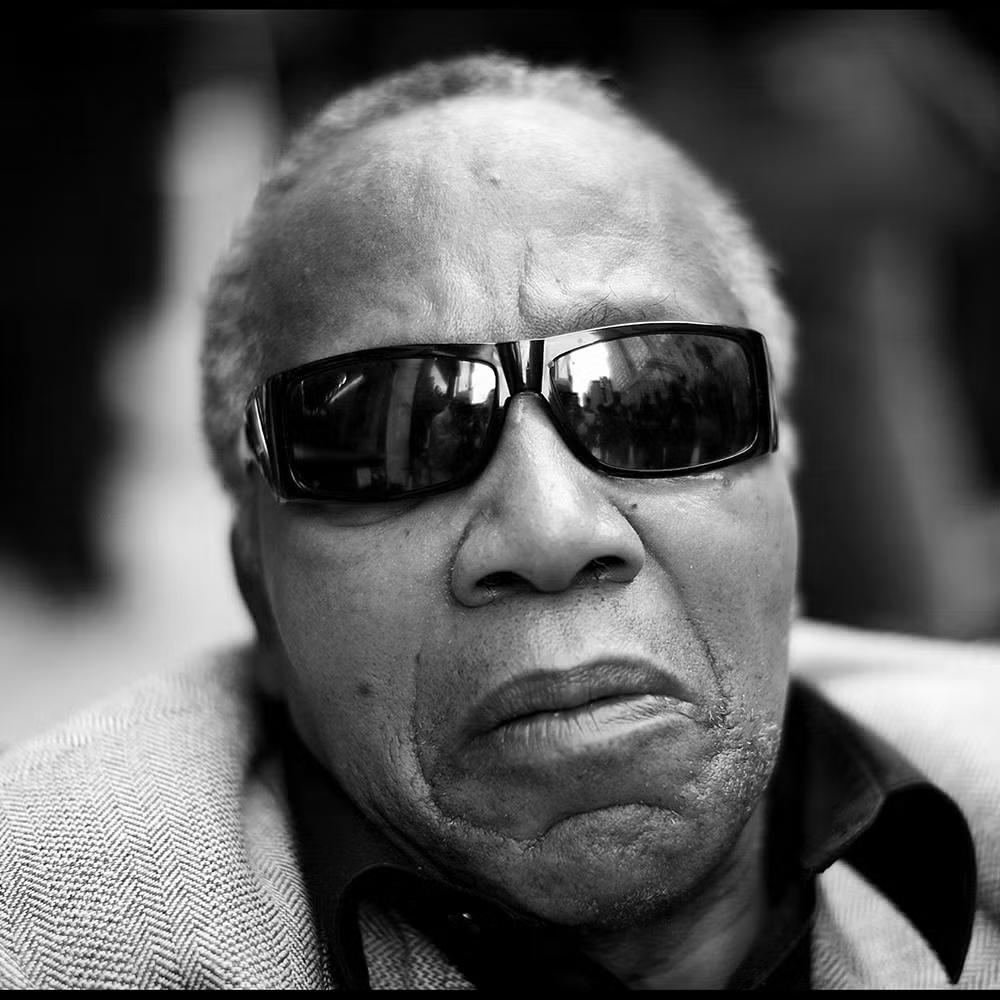
Table of Contents
Who Was Frank Lucas?
Frank Lucas, born on September 9, 1930, in La Grange, North Carolina, emerged as a notorious figure in the world of organized crime during the late 20th century. After relocating to Harlem in 1946, Lucas quickly became entrenched in street crime. By the 1960s, he had built an expansive international drug empire that extended from New York City to Southeast Asia, employing methods such as killings, extortion, and bribery. His operation flourished until his arrest in 1975, at which point he possessed millions of dollars in cash and assets spread across multiple cities.
Early Life
Lucas’s formative years were spent in Greensboro, North Carolina, where he grew up in a region heavily affected by the Great Depression. The economic hardships of the era particularly impacted African American families, leading to severe poverty. As the oldest boy in his family, Lucas took on significant responsibilities, often caring for his younger siblings. He attributed his descent into a life of crime to a traumatic childhood experience: witnessing the murder of his cousin by members of the Ku Klux Klan when he was just six years old. This narrative, however, has remained unverified by investigators and contributes to the complex folklore surrounding his life.
In an effort to support his family during the Depression, Lucas resorted to stealing food and, as he grew older, mugging intoxicated patrons outside local taverns. His first major brush with crime occurred when he worked as a truck driver and, after an altercation involving the boss’s daughter, he attacked his employer and stole money from the company. Facing the prospect of imprisonment, Lucas’s mother urged him to leave North Carolina for New York.
Move to New York
Upon arriving in Harlem in 1946, Lucas was advised to pursue legitimate employment, such as working as an elevator operator. However, he quickly recognized the lucrative opportunities available in illegal activities, particularly in gambling and drug distribution. His initial forays into crime included armed robberies and violent confrontations. A significant turning point occurred in 1966 when he shot a local criminal over a drug deal gone awry. This act drew the attention of Ellsworth “Bumpy” Johnson, a prominent Harlem gangster, who would become a mentor to Lucas.
International Drug Trafficking
Lucas aspired to amass wealth akin to that of prominent figures like Donald Trump and understood that achieving this required a strategic approach to drug trafficking. He adopted a meticulous planning method he referred to as “backtracking,” during which he would isolate himself to assess past experiences and devise future operations.
Recognizing the need to dismantle the Italian Mafia’s control over heroin distribution, Lucas sought to establish direct connections to the drug’s source. Amid the ongoing Vietnam War, he capitalized on the influx of returning soldiers struggling with heroin addiction. Lucas’s insight into this market propelled him to travel to Southeast Asia.
Partnering With Leslie “Ike” Atkinson
Exhibiting a sense of invulnerability, Lucas traveled alone to Thailand in 1968, where he connected with Leslie “Ike” Atkinson, a bar owner familiar with military personnel in the region. Atkinson, a fellow North Carolinian and relative, facilitated Lucas’s entry into the heroin trade by introducing him to Luetchi Rubiwat, a Chinese-Thai who controlled significant opium production in the Golden Triangle. Lucas secured a lucrative deal, purchasing heroin at a fraction of the price charged by the Mafia.
Together, Lucas and Atkinson constructed a distribution network, leveraging military connections to transport heroin back to the United States. They utilized creative smuggling methods, including modified coffins and disguised shipments.
Frank Lucas’s Brothers: The ‘Country Boys’
To solidify his operations in the United States, Lucas surrounded himself with trusted family members, including his younger brothers, who became known as the “Country Boys.” This strategy reduced the risk of betrayal and theft. Lucas marketed his heroin effectively, ensuring higher purity levels compared to competitors. He implemented stringent security measures to safeguard his enterprise, often resorting to violence to maintain control.
Living the High Life
As his drug empire flourished, Lucas reveled in his newfound wealth, reportedly earning up to a million dollars a day. He laundered money through legitimate businesses and amassed significant assets, including properties in various states and a vast ranch in North Carolina. Lucas became a fixture in New York’s celebrity scene, mingling with athletes and entertainers, and investing in a Hollywood film project that ultimately never materialized.
Who Was Frank Lucas’s Mentor?
Lucas’s relationship with Ellsworth “Bumpy” Johnson remains a subject of debate. While Lucas claims to have been Johnson’s protégé and right-hand man, others, including Johnson’s widow, suggest he was never fully trusted by the established gangster.
Criminal Trial
Lucas’s criminal enterprise thrived, aided by corrupt law enforcement officials. The New York Police Department’s Special Investigations Unit was rife with corruption, facilitating Lucas’s operations. However, as public awareness of police misconduct grew, federal authorities intensified their efforts to combat drug trafficking.
In 1971, Richard “Richie” Roberts, an incorruptible prosecutor, spearheaded investigations into organized crime. This initiative culminated in a raid on Lucas’s home in January 1975, leading to his arrest and subsequent legal troubles. The events surrounding Lucas’s rise and fall remain a striking testament to the complexities of crime and corruption in mid-20th century America.
